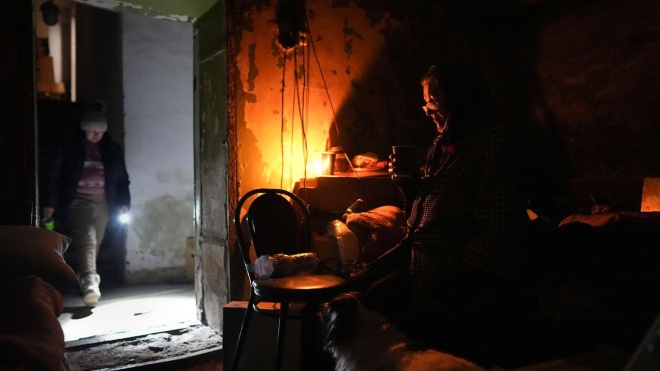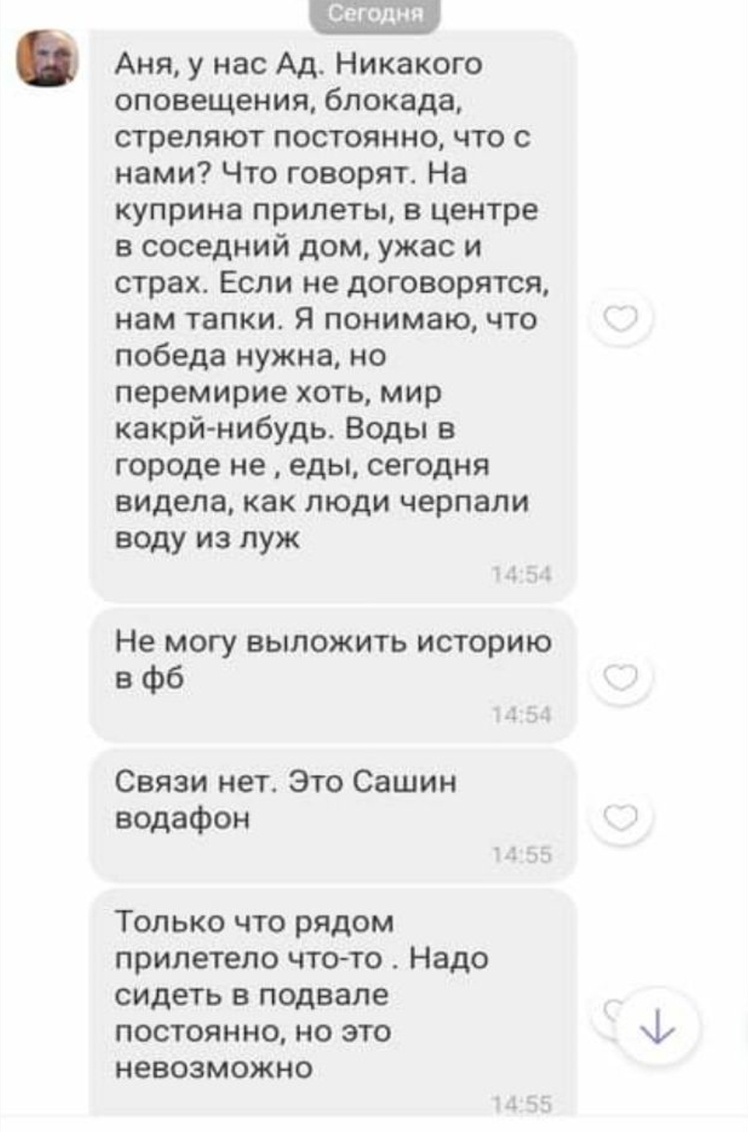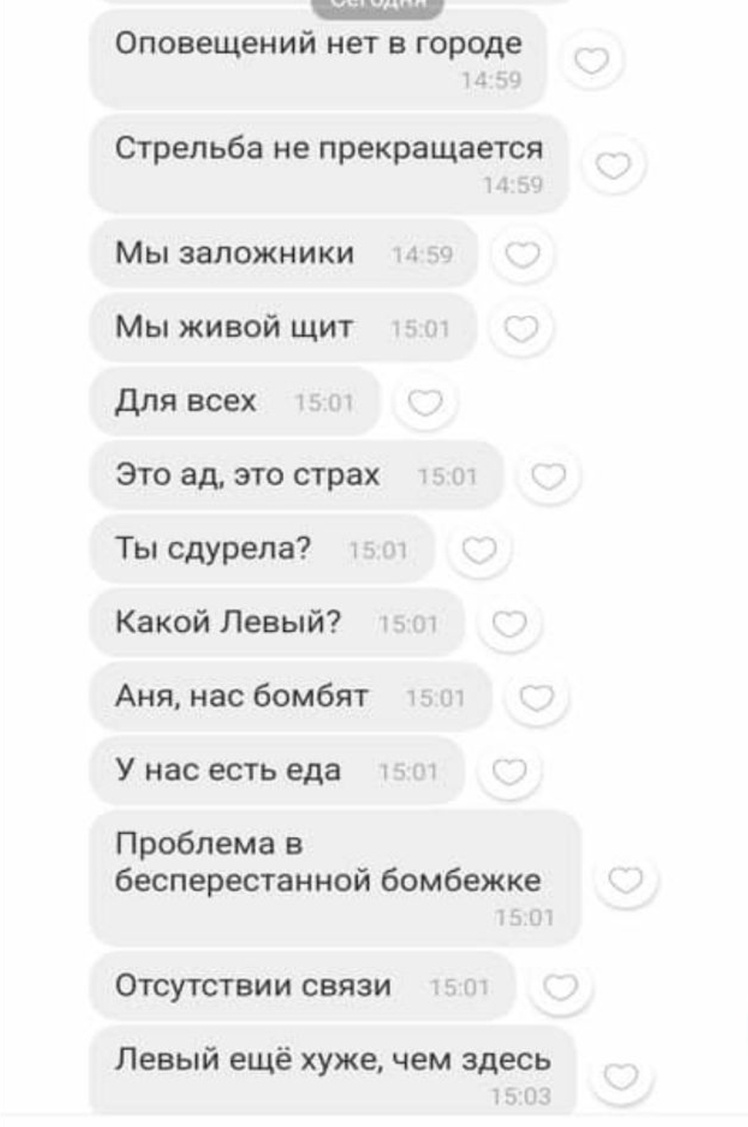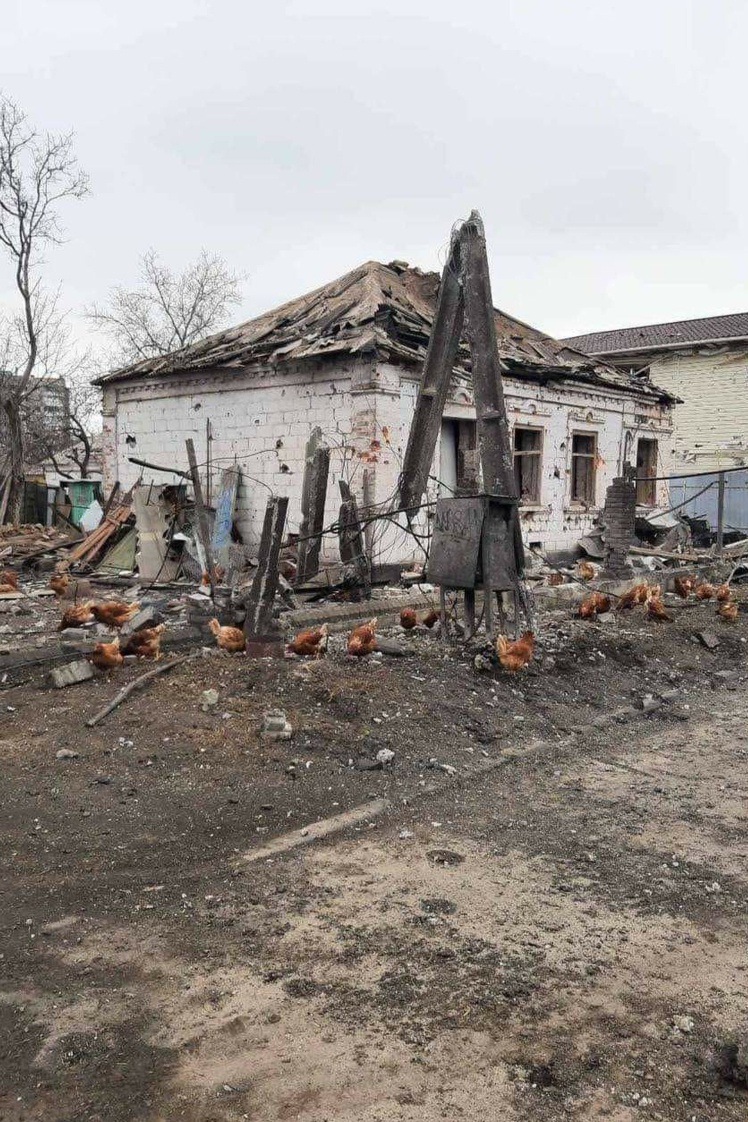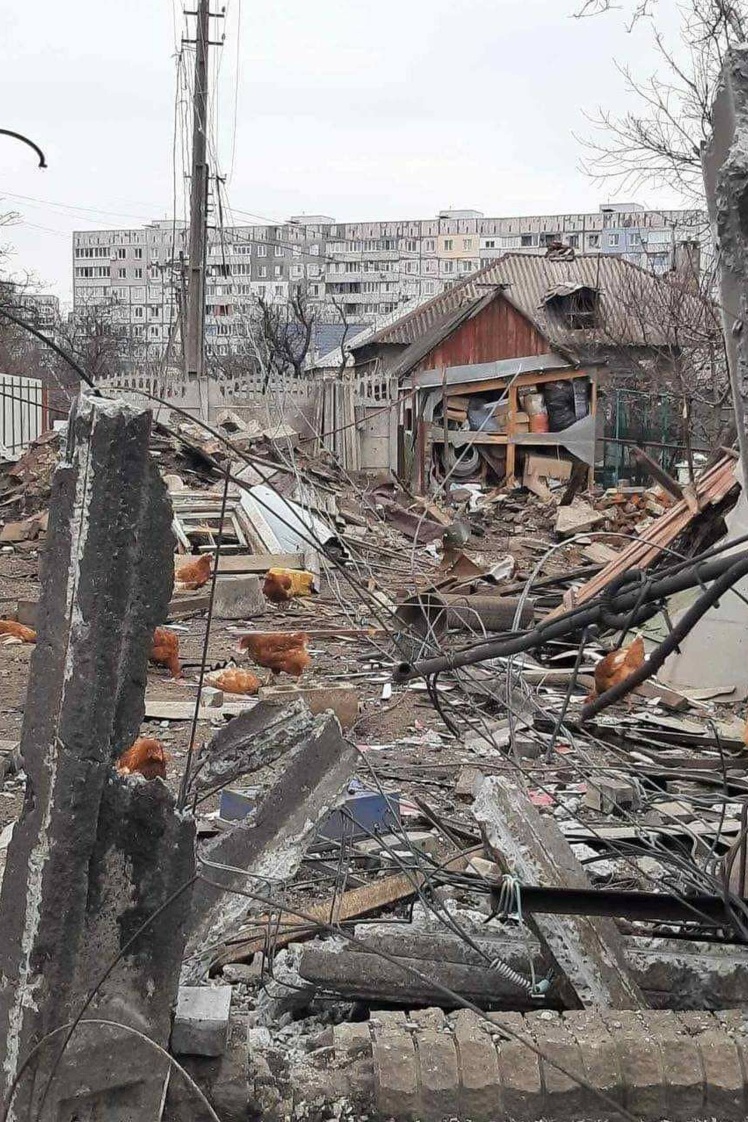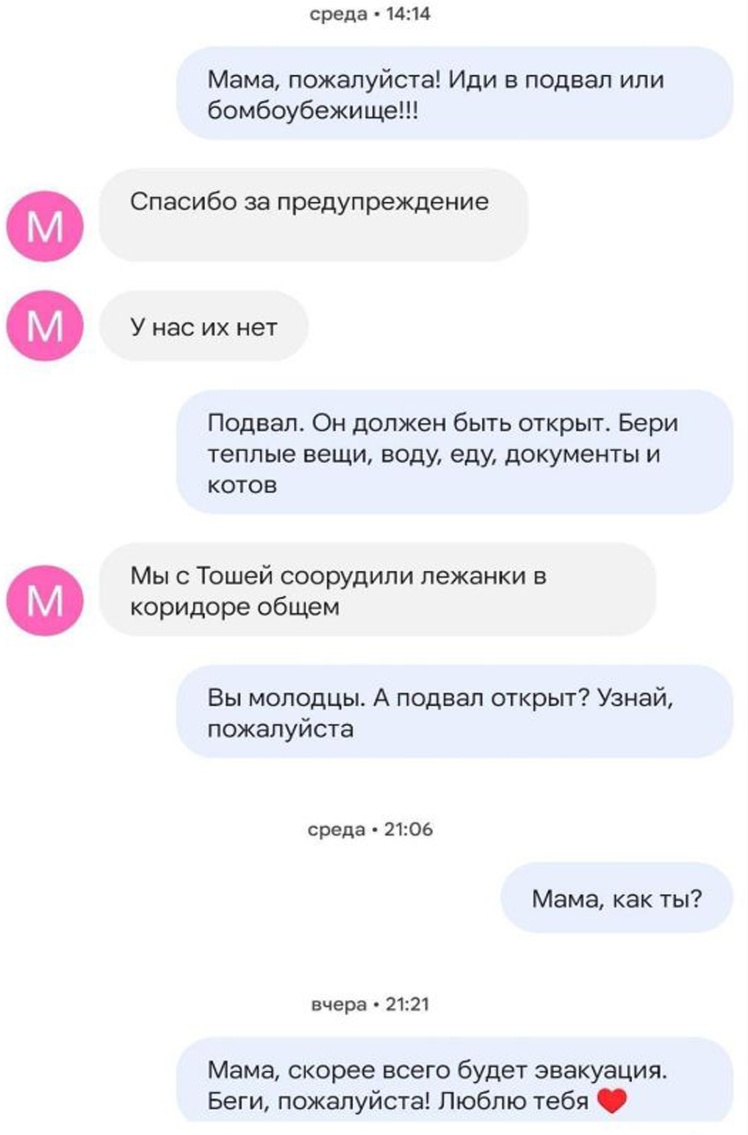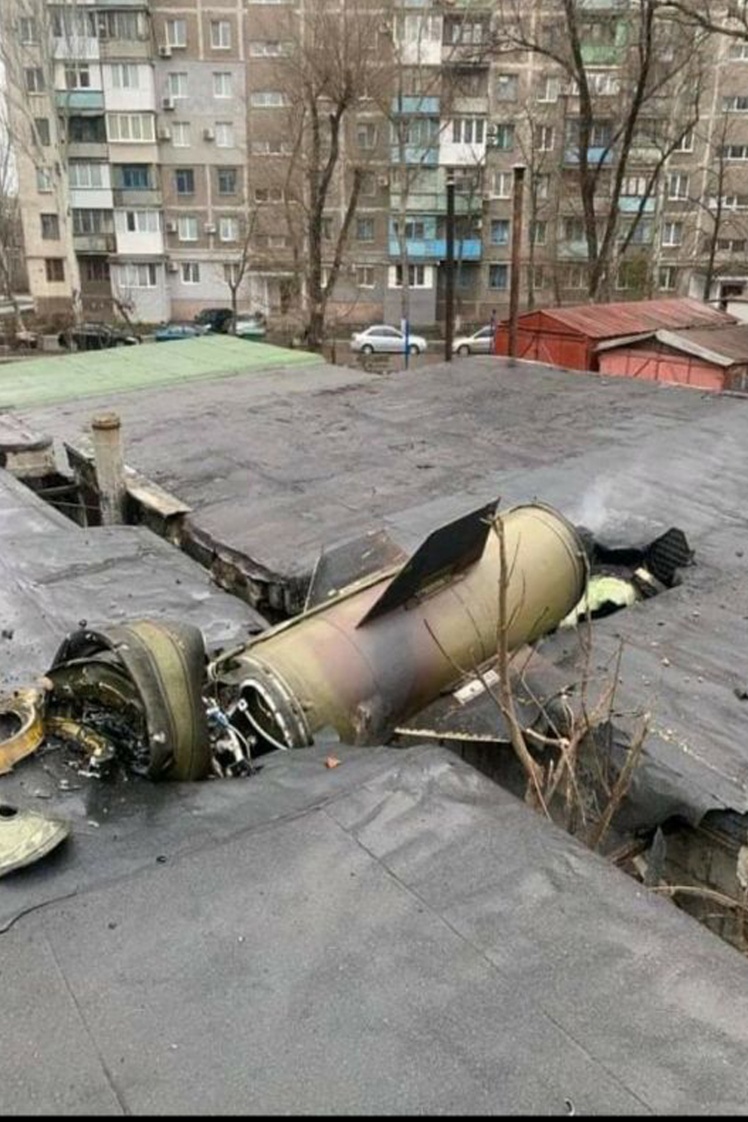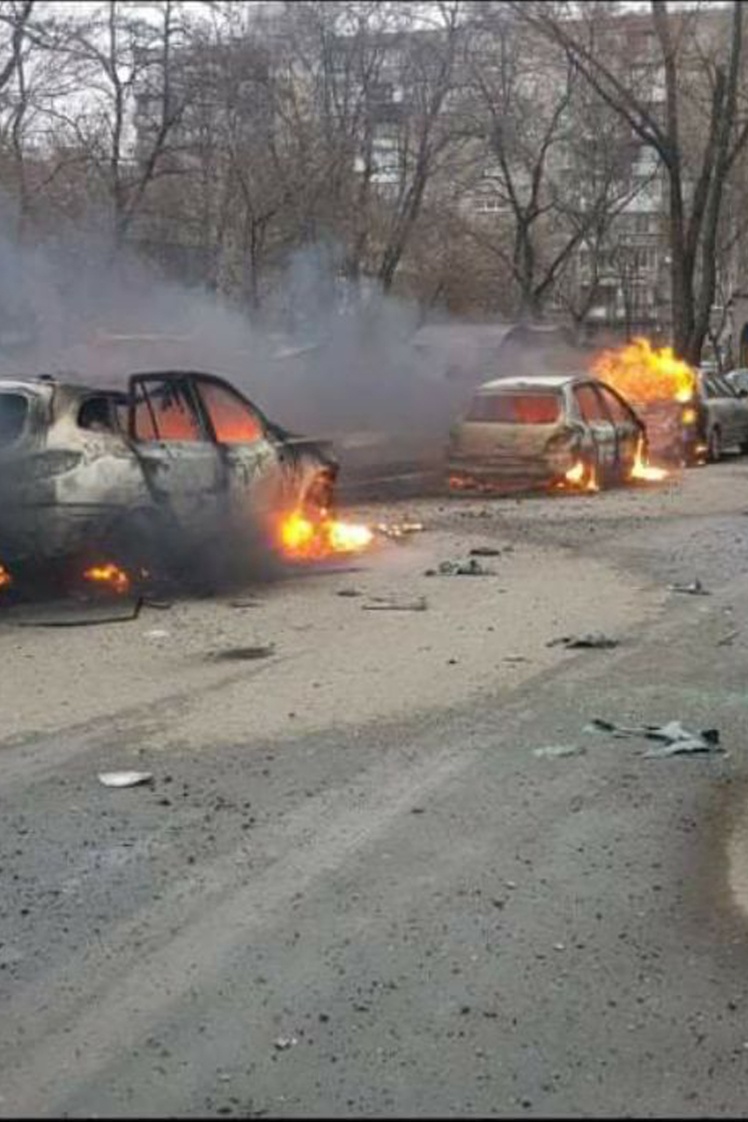Timeline of Mariupol defense
-
City Mayor Vadym Boychenko informed that Mariupol defenders have destroyed a convoy of 22 tanks approaching the city from the northeast. That evening Russian army has entered Melitopol — a city 200 km to the west of Mariupol.
-
Russian army entered Berdyansk — a city 85 km to the west of Mariupol. Also, the occupants conducted an airstrike on the Sartana settlement (northeastern Mariupol suburb). "D/LPR" representatives declared they have captured Pyshchevyk and Pavlopil cities which are 25 kilometers to the northeast from Mariupol.
-
Sources in the US intelligence informed that the Russian army has deployed two thousand navy paratroopers in 50 kilometers to the west of Mariupol. They attacked the city.
-
"D/LPR" "army" with the help of Russian artillery has attacked eastern positions of Ukrainian army in the city. According to their declarations they have seized Hranitne town.
-
The General Staff of Ukrainian army informed that units of 8th Russian Guardian Army with the help of "D/LPR" "army" made an unsuccessful attack on Mariupol. Numerous sources report there are battles on the outer perimeter of the city.
-
Russian army had been shelling Mariupol for 15 hours in a row, deputy mayor Serhiy Orlov told the BBC. Humanitarian catastrophe started in the city. Ukrainian Armyʼs General Staff informed that Russian army failed at blocking Mariupol.
-
The General Staff of Ukrainian Army informed that the occupant has been thrown into the offensive reserve of 205th motorized brigade and 49th combined arms army. In the South Russia tries to develop simultaneous offensives in three directions — to the cities of Mykolayiv, Zaporizhzhya. and Mariupol, and canʼt manage the supply.
-
The General Staff of Ukrainian army informed that Mariupol is being attacked by Russian 49th Combined Arms Army, 7th Air Assault Division and 22nd Army Corps. Ukrainian Azov regiment has launched a counteroffensive.
Svyatoslav: “I have mother, father, and grandmother whom they brought from Volnovakha on the first day of the war. Their house is in the city center, therefore there were no destructions around. The shooting, however, was heard all the time. On March 2 they were delivering water [by water carriers], there were products in the shop, but the bread was by only one loaf per person.”
Vera: “My grandmother and stepfather live in “Sailors” settlement” [a district on the south-western outskirts of the city]. On March 1st they did not have electricity and heating, all nearby shops were closed. Father went to the city center on foot to buy at least something, but I donʼt even know if he managed to get back."
Olena: "Whole my family including my mother, sister with her husband and three-year-old child live in Mariupol. They live in the Livoberezhny district (the most eastern in the city, the closest one to the temporarily occupied territories), thatʼs why they are always under the shelling. They had stocked food and water already. On March 2 they spent almost all day in the basement, stepping outside only to eat."
Yukhym: "Last time I spoke to my parents on March 4. They live in Prymorskyi district (the closest one to Azov Sea). There is an urgent problem with drinking water and with sanitation water. Other residents of their building were collecting rainwater. My father saw our neighbors scooping water out of the puddle."
Yuriy: “My mother lives in the Vostochny [Eastern] district. The day after the war began [February 25] my grandmother died from old age, she was very sick. My mom couldnʼt leave until she buried her, but she wasnʼt able to do that because of the shelling. [I donʼt know if sheʼs OK right now,] I cannot reach her for three days in a row.”
Svitlana: ”My family owns an apartment in the center of Mariupol and a house in Kalmius district where my parents, aunt, uncle, and two nieces live. There is no water, heating or electricity. A missile landed in the courtyard of our apartment building. Its tail fell on the garages and caught fire — two men extinguished it, my father was among them. My mom works in a maternity hospital located on the left bank [of the Kalmius River]. There is no communication with the building, itʼs constantly under shelling. When my mom came to work, there were many people from the suburbs there, all of them were hungry. People break into stores, sometimes under police supervision, and take everything they can.
Stanislava: “There is no water, heating, gas, or electricity in any part of the city. People cook food [on the bonfires] in their yards. Yesterday [March 7] was quiet. Today they [Russians] resumed the shelling again.”
Excerpt from communication between mother and daughter. "If there wonʼt be a truce, we are doomed", mother says.
«Babel'»
Relatives and friends of those staying in Mariupol get the information bit by bit in "publics" ― channels in Telegram messenger. They scroll through the street names and house numbers, hoping to see familiar addresses and find out if their house is still standing. Some civilians who stayed in the city have charged power banks but there is no cellular network. Today, on March 8, a mother could reach one of the persons mentioned in this article. They managed to talk for 30 seconds. The mother said thereʼs still no water and electricity in the city. To get the food from the volunteers she spends five hours in the queue.
Our publication relies on readersʼ donations. Please support “Babel” now !
